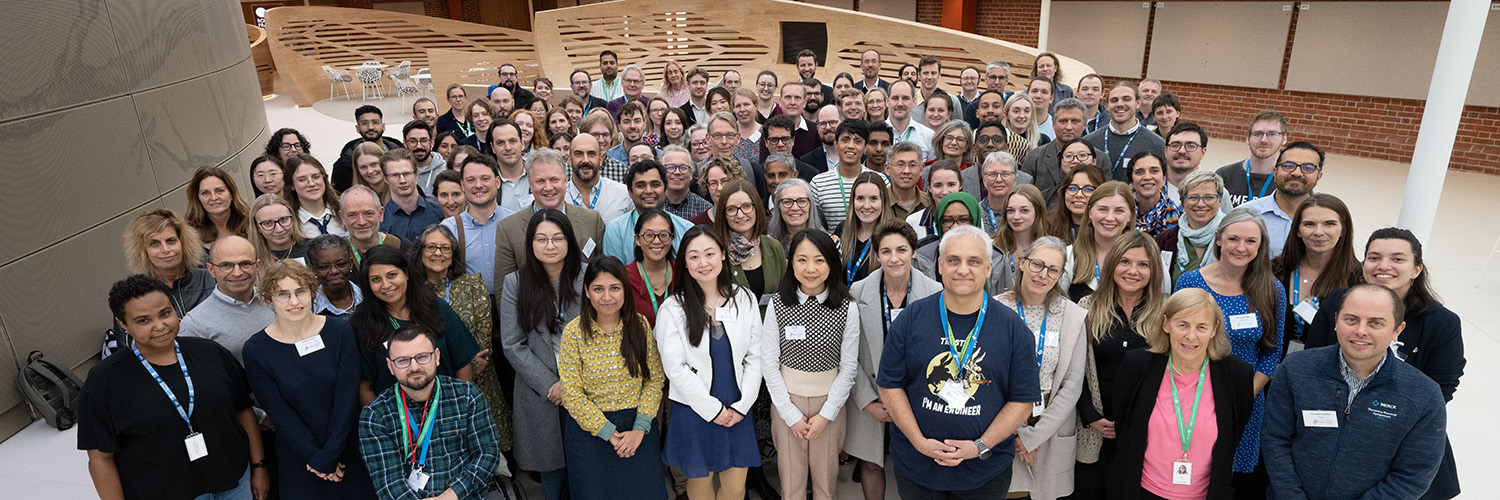 The Open Targets team at our 10 year anniversary celebration in October 2024
The Open Targets team at our 10 year anniversary celebration in October 2024
Join our team!
Open Targets is based on the stunning Wellcome Genome Campus, home to some of the world's foremost institutes and organisations in genomics and computational biology. We work in dynamic teams at the interface of academic and pharma industry science on a crucial problem, how to be more successful in making drugs. Working with us, you will be exposed to new technologies and a dynamic set of scientists dedicated to translational research.
Our posts are usually in either one of our academic partners, The Wellcome Sanger Institute or EMBL-EBI and have terms and conditions associated with the employer.
Important note: applications may be reviewed on an ongoing basis and the advertised post(s) may be filled before the stated deadline.
Technical Specialist- Neurodegenerative Disease Spatial Transcriptomics
Application closing date: 8 February 2026

The technical specialist will coordinate wet-lab experiments for large-scale single nucleus RNA-sequencing of patient tissue samples. The role can subsequently expand to supervise and coordinate Xenium spatial transcriptomic data generation in the project.
Principal/Senior Data Scientist
Application closing date: 8 February 2026

Join our interdisciplinary team at the forefront of computational biology and AI for a 2 year fixed term contract. You will lead/contribute to transformative projects that integrate single-cell genomics, spatial transcriptomics, and generative AI to build next-generation models for understanding tissue biology and cellular dynamics across organs such as the pancreas, kidney, skin, and liver.
Available research focus areas include: space and multi-omics atlas construction, generative AI for cell fate and perturbations, foundational models for single-cell biology, Open Targets translational AI projects, agentic AI for scientific reasoning and experiment design, core machine learning research, multimodal learning, leap project.